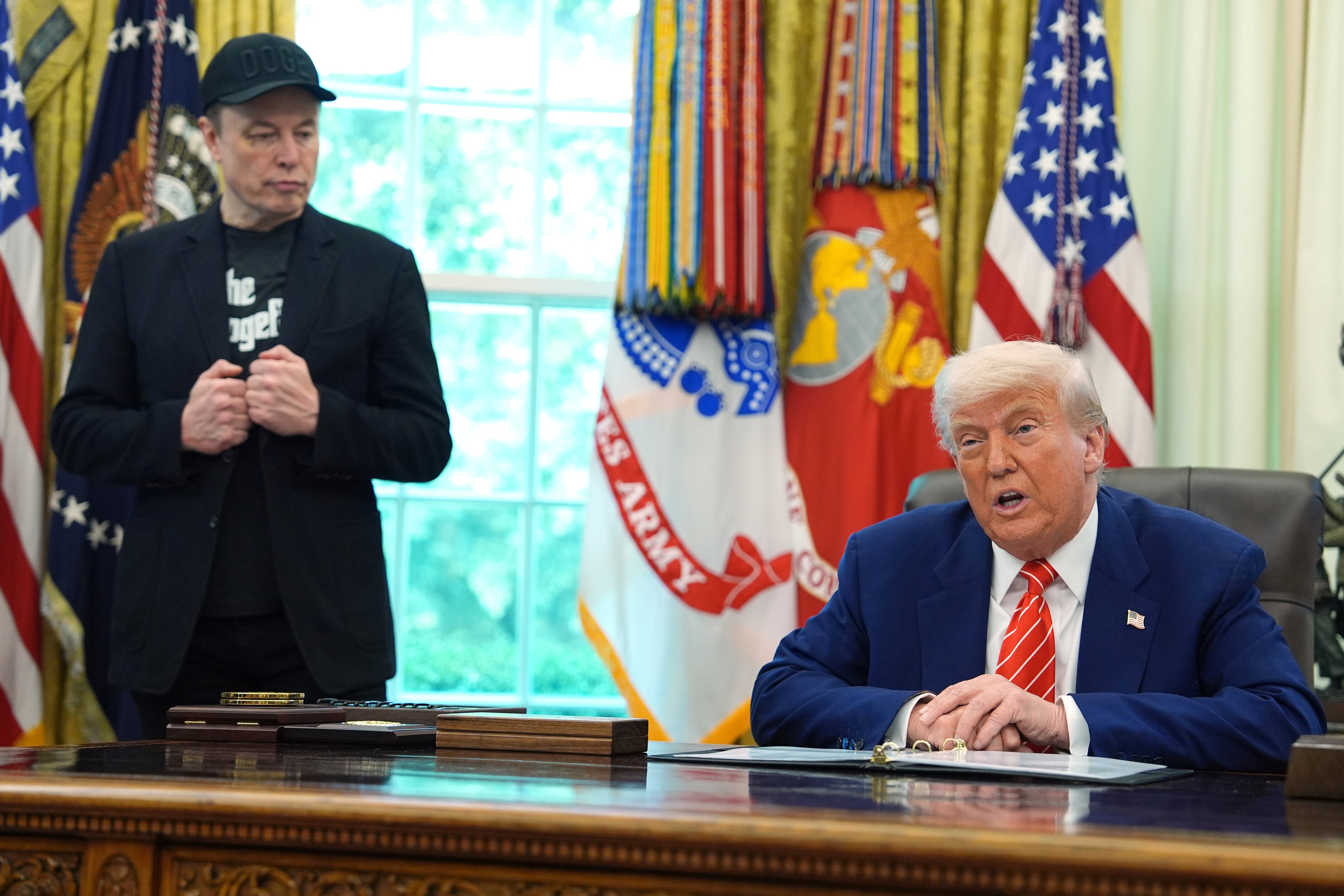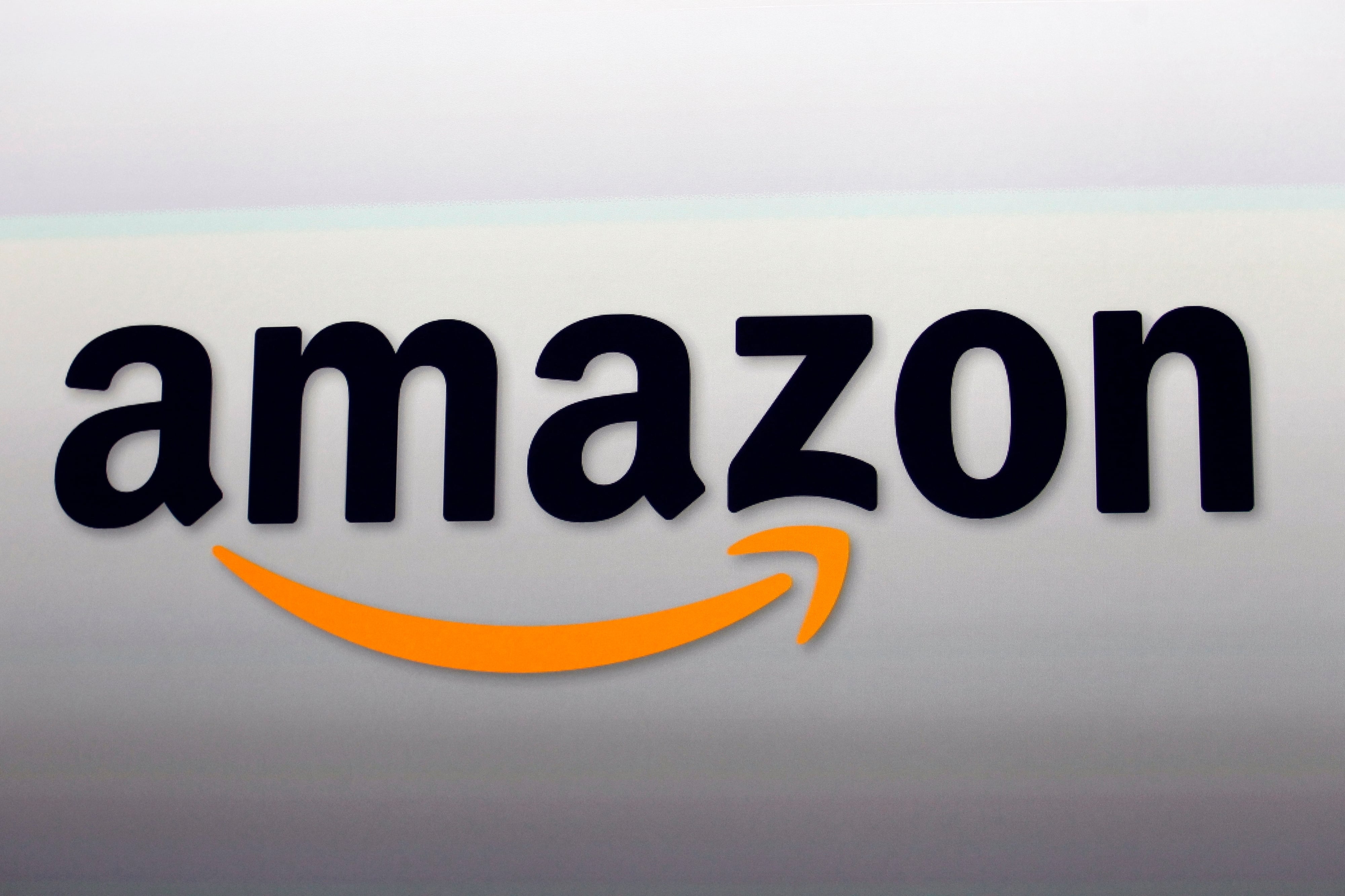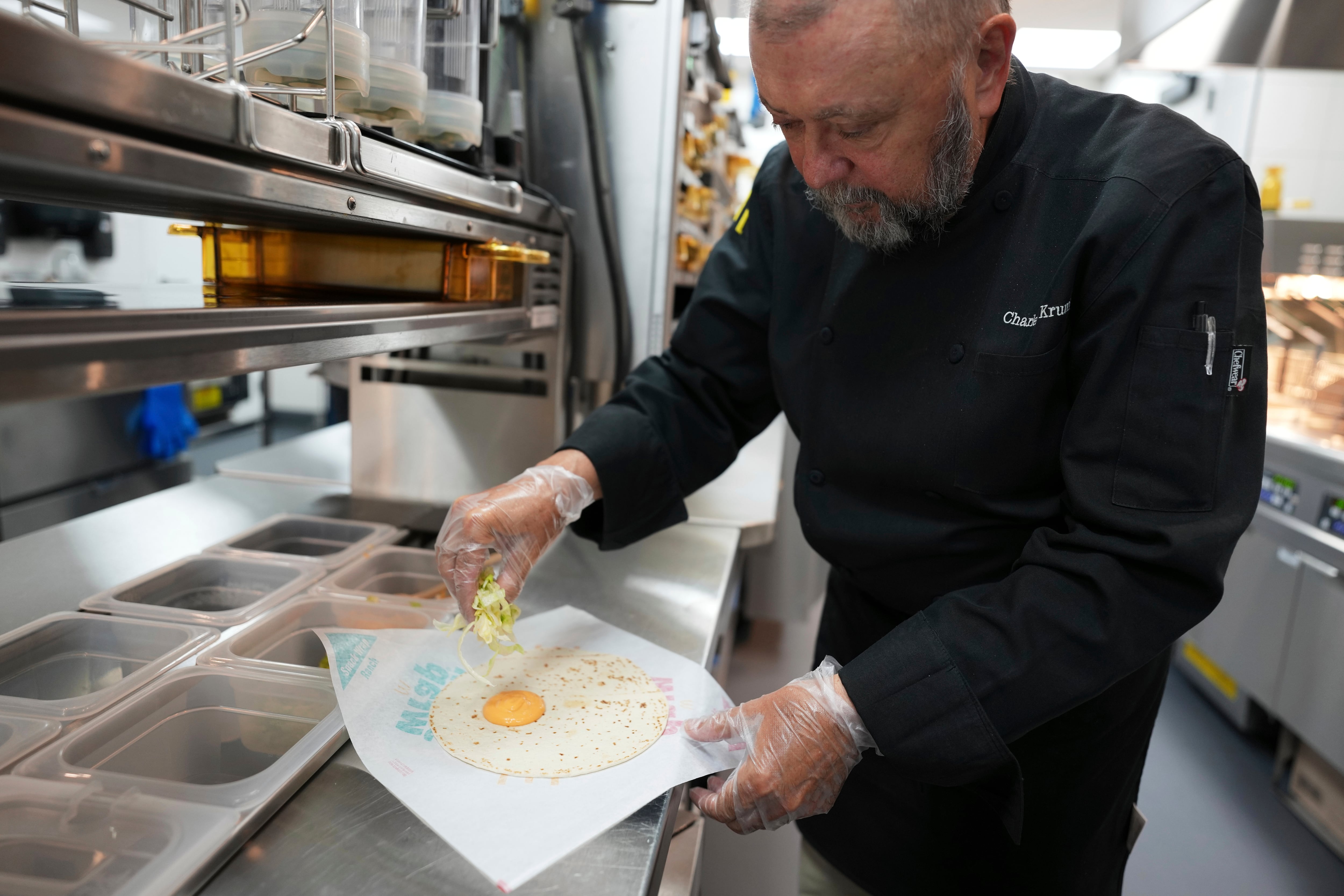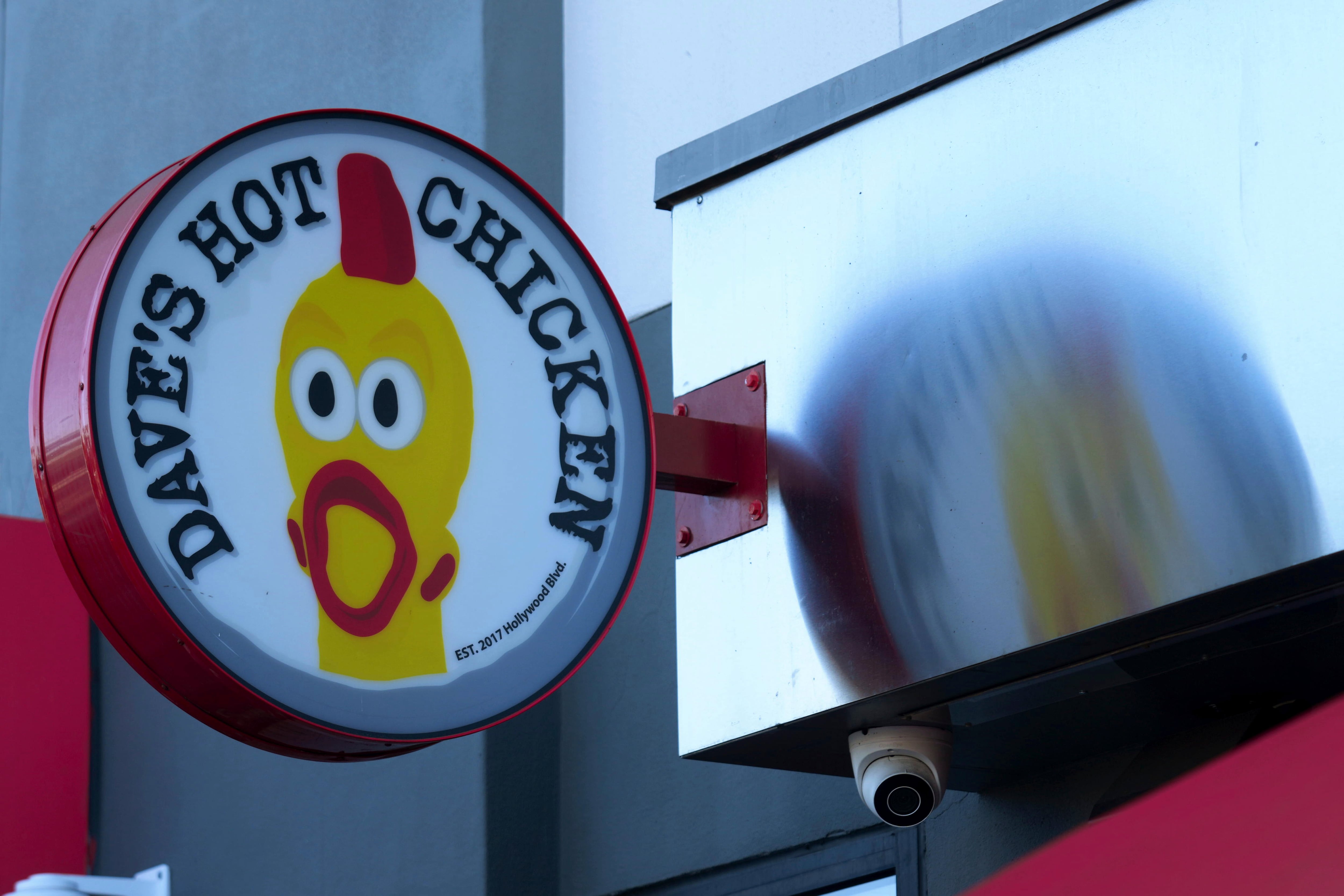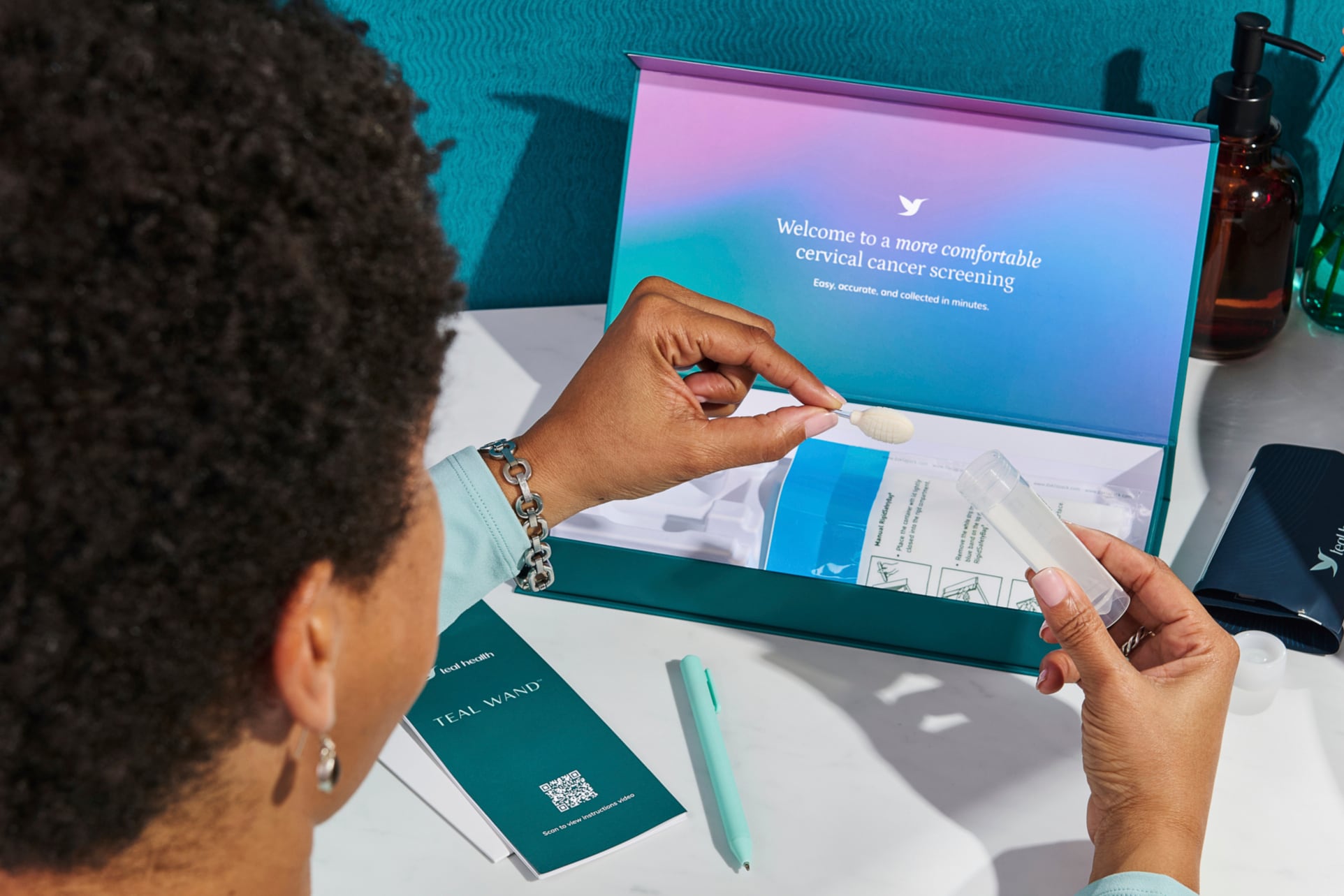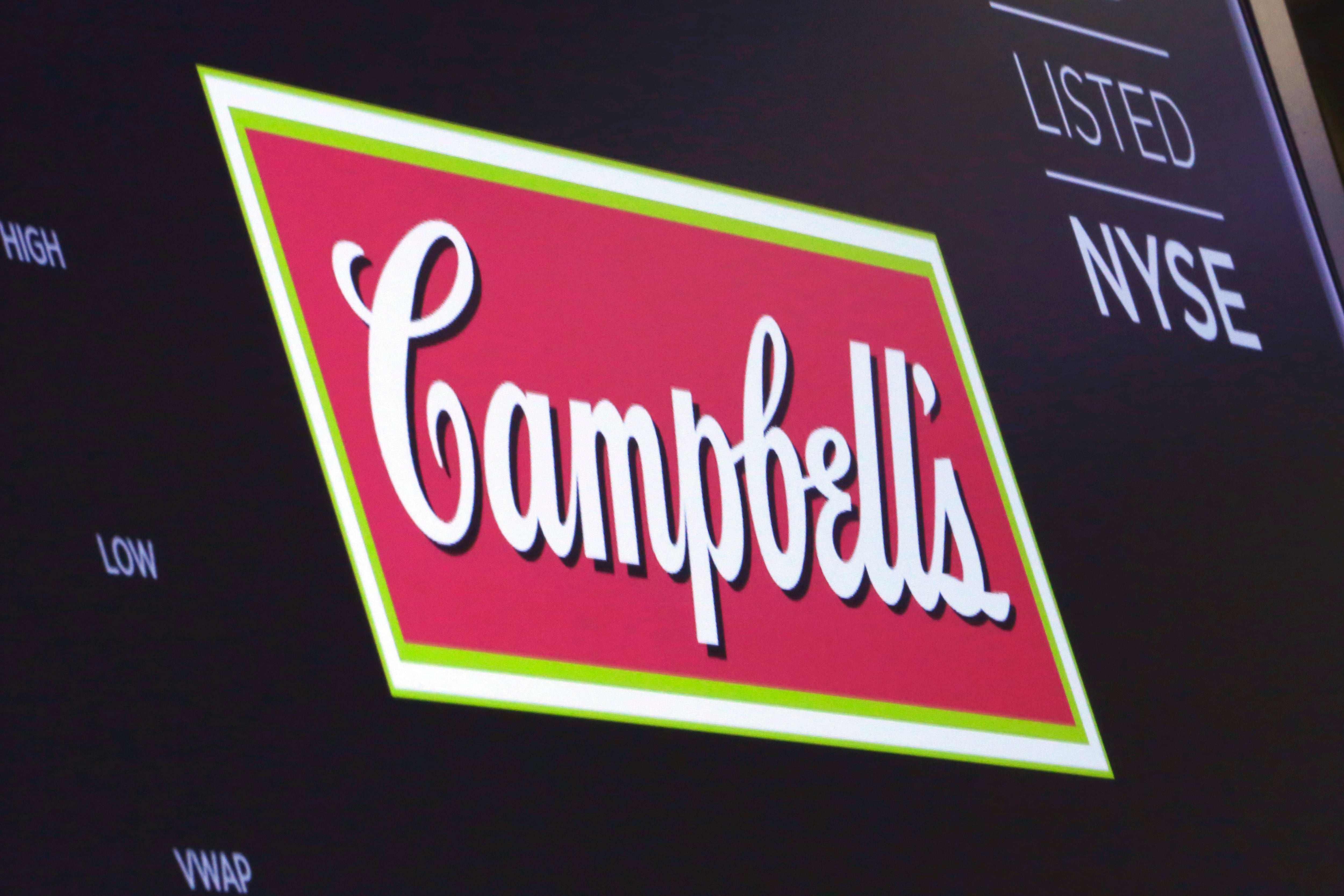The head of New York's mass transportation system, MTA Chairman Pat Foye, sent a letter to Apple CEO Tim Cook asking for the tech company's help to boost mask compliance on public transportation.
"It's all about public health and we're looking forward to working with Apple on the issue," said Foye.
Right now the MTA says mask compliance on subways and buses is at around 90 percent on the average weekday, but Foye wants that number to be even higher and thinks a partnership with Apple could be the key. The companies have an existing relationship thanks to the MTA's new contactless OMNY payment system. Foye said his agency gave Apple "a heads up" before sending the letter and that he does expect a response.
Foye sees an opportunity for a partnership between the two organizations but doesn't expect the MTA to be in the developer's chair.
"We're not going to tell Apple what the technology is — we're a transportation company," Foye said on Cheddar. "They're one of the world's greatest tech companies."
One idea to encourage riders to keep their masks on while riding buses and trains is for Apple to prompt users to enter their passwords on their iPhones when Face ID isn't possible. Another idea would be for Apple to create a faster way for customers to use a passcode when wearing a mask. The MTA could support Apple in a partnership by alerting riders of the new update, said Foye.
"This is all about mask compliance and not requiring customers or not incentivizing customers to take their mask off to use facial ID."
